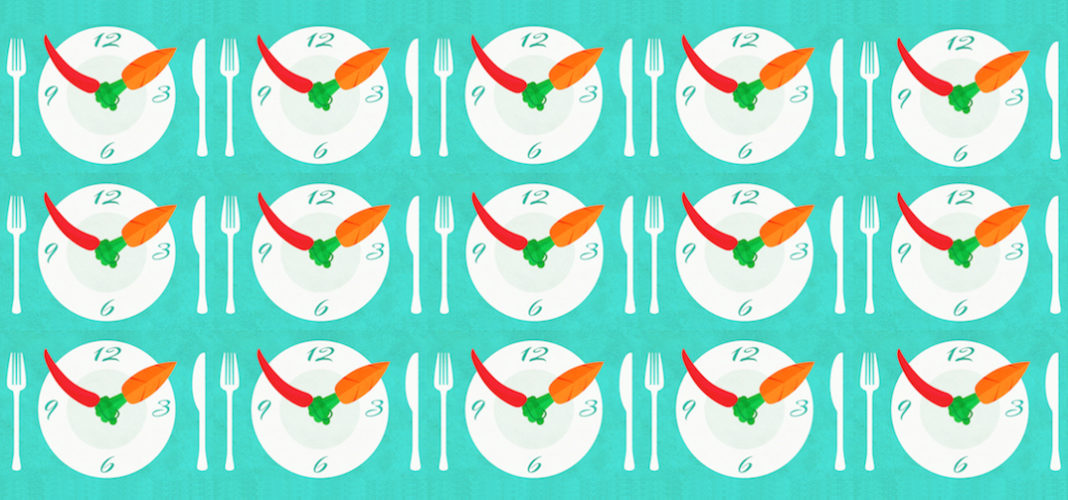“What should I eat?” It’s a complicated question and we keep getting mixed messages. Fat is bad. Fat is good. Salt will kill you. A calorie is just a calorie. Thankfully this myth has been unequivocally tossed out. Frankly it is pretty hard to believe why anyone ever bought into it in the first place. When you think about it, there is no way eating a Snickers bar (266 calories) could ever be the nutritional equivalent of eating a bowl of steel cut oatmeal.
The new Dietary Guidelines for Americans, released by the Agriculture and Health and Human Services Departments in January further add to the confusion. In spite of the Advisory Committee’s suggestion to include (1) reduction of the consumptions of soda and (2) reduction of red and processed meat in the formal primary recommendations, they were dropped from the final draft.
As Dr. Walter Willett, Chair of the Department of Nutrition at Harvard T.H. Chan School of Public Health said:
Clearly these Guidelines bear the hoof prints of the Cattleman’s Association and the sticky fingerprints of Big Soda. They fail to represent the best available scientific evidence and are a disservice to the American public.
While nutritionists battle over what is healthy, you may want to consider this question: “When should I eat?” According to research, altering the time you eat affects your weight and metabolism. The key is to restrict the window of time within which you eat and to extend the amount of time you go without eating.
A small 10-week study divided 16 volunteers into two groups. The first group didn’t change a thing. They consumed their normal diet and stuck to their regular mealtimes. The second group also consumed their normal diet but were asked to move their breakfast 90 minutes later and their dinner time 90 minutes earlier. Essentially they were fasting three extra hours each day. Results showed that the group who shortened their eating window lost more body fat and had a greater reduction in cholesterol and glucose than the business-as-usual group.
No more milk and cookies before bed.
At the very least, cut down on those late night snacks. In addition to affecting the quality of your sleep, they might be the reason you cannot drop that extra five pounds.
I wish you all the best,
Dr. Samantha Boardman






